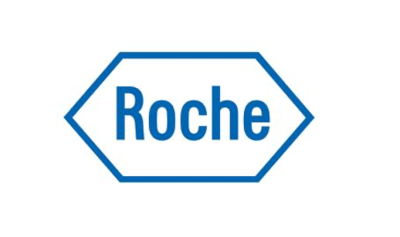Biomarker by minimal invasive techniques of response to chemo-ImmunOtherapy (B-IO)
Patients with non-small cell lung cancer with a targetable mutation are treated with targeted therapy. In case of progression of the tumor, these patients can be treated with a combination of chemo- and immunotherapy. Which patient will benefit from the addition of immunotherapy and why is not clear. Therefore, the project partners want to unravel the response and resistance to immunotherapy in this patients with the use of minimal invasive techniques, like circulating tumor DNA (ctDNA) in blood and urine, the gut microbioma and patterns in exhaled breath measured by electronic nose.
UMCG collaborates with Roche to perform the analysis on ctDNA and also develop new tests on circulating and tissue tumor DNA. Breathomix is involved for analyzing the data on exhaled breath.
For now, patients with progression on targeted therapy are eligible for a treatment with a combination of 4 anticancer drugs, including immunotherapy. They want to develop a more patient-centered approach for this patients. If they can establish which patient will not respond to immunotherapy, they can withhold an ineffective, but expansive treatment with potential (serious) side effect and treat with chemotherapy alone.
The before mentioned regimen, is standard of care. Eligible patients are asked to participate in our study. Blood, urine, exhaled breath and stools are obtained at several timepoints including before, during and at the end of treatment. The focus is mostly on ctDNA that is collected serially every 6 weeks until disease progression. A decrease in ctDNA over time is an indicator of response and increase after initial decrease an indication for progressive disease.
Mechanisms of resistance will be studied by large panel NGS of both tumor and ctDNA at baseline, biologic and RECIST progression.
This study may help to timely stop treatments that are not effective and to gain insight in possible new treatments.



